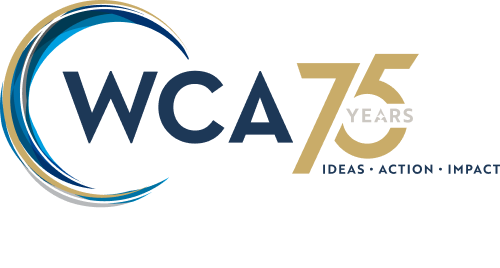Clean Energy Search Results
The EPA's Sustainable Marketplace initiative focuses on promoting greener products and services to create a more sustainable marketplace. The overarching goals include reducing climate impacts, improving frontline community health, preventing pollution, and enhancing U.S. industry competitiveness.
More Information
The EPA’s Pollution Prevention (P2) Program is committed to advancing pollution prevention practices across industries. It encourages businesses and organizations to adopt proactive strategies to reduce or eliminate pollution at the source, emphasizing sustainable alternatives and cleaner technologies, with the aim to eliminate or reduce pollutants entering waste streams before recycling, treatment, or disposal.
More Information
The Industrial Finance Program (IFP) provides low-cost financings to businesses for projects related to waste management, pollution control, drinking water, wastewater and solid waste facility improvements, and environmental regulation compliance.
More Information
The Production Tax Credit (PTC) is an inflation adjusted per-kilowatt-hour (kWh) tax credit for electricity generated by qualified energy resources and sold by the tax payer to an unrelated person during the taxable year. The duration of the credit is 10 years after the date the facility is placed in service. The Internal Revenue Code (IRC) § 45 PTC is an alternative to the IRC § 48 Investment Tax Credit.
More Information
Program Name: Investment Tax Credit (ITC) (IRC § 48) Program Sponsor: U.S. Internal Revenue Service Program Type: Tax Incentive Technology: Alternative Energy Generation/ Renewables; Energy Storage; Waste Management Fuel: Solar; Wind; Geothermal; Other Renewable Energy Resources Eligibility: Businesses Cost: N/a Description The Renewable Energy […]
More Information
Safer Choice helps consumers, businesses, and purchasers find products with ingredients that are safer for human health and the environment. Safer Choice is an EPA Pollution Prevention (P2) program, which includes practices that reduce, eliminate, or prevent pollution at its source, such as using safer ingredients in products.
More Information
Wastewise is a voluntary program that helps participating businesses reduce waste quantity and disposal costs.
More Information
The Food Recovery Challenge (FRC) is a voluntary incentive program in which organizations and businesses set data-driven goals, implement targeted strategies to reduce wasted food in their operations, and report results to compete for annual data-driven and narrative awards recognition from EPA.
More Information
